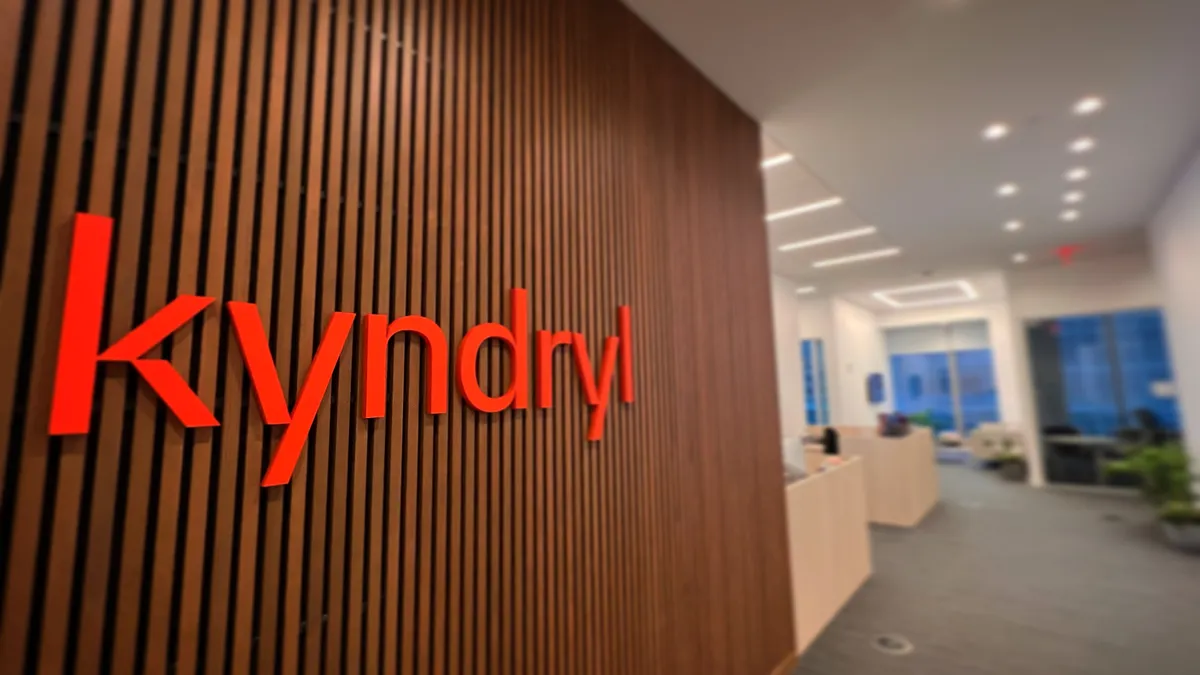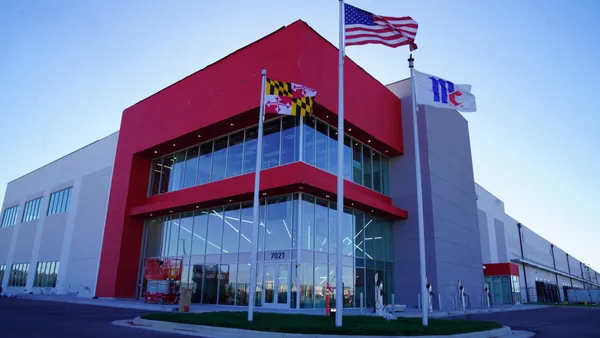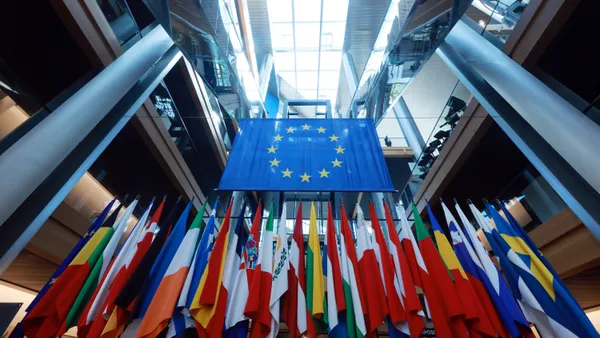Talent professionals may be tempted to see D&I-focused hiring as a numbers game. But it's so much deeper than that.
Along with diversity and inclusion, equity is crucial especially in the C-suite. Sure, the CEO, CDO, COO and CIO have the ultimate say on strategy and how resources are distributed. But, as Aiko Bethea, entrepreneur and founder of RARE Coaching & Consulting, told HR Dive, "they also influence culture by setting the tone, from the top, about what's OK and what's not."
Whether the C-suite condemns or condones conversations (either internal or external) about diversity can change the trajectory of a company.
"If there aren't folks in the C-suite who represent voices that are rarely heard, we limit the reach of our invitation to new voices: employees, clients, consumers, and partners. We limit the innovation of our organization," Bethea said in an email.
A prime example of the gap between diverse hiring and C-suite equity is Gartner's 2021 Leadership Progression and Diversity Survey. In this audit of 3,500 employees across 24 industries, 56% of women surveyed were front-line employees while only 29% were in the C-suite.
Likewise, 31% of Black and indigenous people and other people of color surveyed were front-line workers, while only 17% surveyed were in the C-suite, Gartner found.
Perceptions vs. reality
Homing in on the life cycle of underrepresented talent, Gartner found that BIPOC and gender minorities get promoted at slower rates than their white or male counterparts. This hinges on the survey finding that diverse talent are plagued by their managers' "worse perception of [their] leadership potential."
From Bethea's perspective, particularly as an executive coach, it's critical that each member of the internal hiring team is on the same page regarding D&I.
"They should understand the critical value DEI brings to the organization, team and that specific role," she said. "If they see the effort to honor DEI as merely a 'check the box' effort or if they see it as giving an unfair advantage to certain communities, the candidates will feel this."
Less formal hiring can be a slippery slope
Working in the corporate space, Bethea has collected a number of hiring red flags. Chiefly, they fall under the category of decisions made without outlined rubric or clear objective qualifications. This includes seemingly benign statements like "they will fit in the best," "I knew her dad," "my gut tells me" or "I have a feeling that…"
Lucinda Duncalfe, founder of inclusive executive hiring platform Above Board, explained to HR Dive that the fundamental differences between executive searches and regular hiring can lend themselves to these informal criteria.
"These very senior roles aren't posted anywhere. It's not like you could go to LinkedIn or Indeed and see them. They're recruited exclusively through outreach," Duncalfe said. "The first thing companies try to do is do it themselves, which makes a lot of sense. It's free, it's fast, it's less 'risky' because it's people that they know — or know somebody they know."
Oppression is systemic
The very nature of this informal, grassroots hiring process can lend itself to nepotism — both literal and figurative. And while this hiring approach isn't always meant to be exclusionary based on race, gender or marginalized background, it can be.
Some more post-interview red flags Bethea mentioned were phrases, including "I didn't understand what they were saying. Their accent....." or "they were so aggressive." Additionally, statements like "they were overly confident" or "I just didn't have a good feeling about them."
The problem with executive hiring, Duncalfe said, is that it often hinges on existing networks. "The incumbents are overwhelmingly middle-aged, straight White men and as humans we tend to know people like ourselves. [So] their networks are overwhelmingly middle-aged White men," Duncalfe said.
Branching out as an adult is hard, whether that's in one's personal life or professional life. This difficulty extends to talent acquisition.
"You know what I always say? It's inherently exclusionary, not intentionally," Duncalfe said. "It's not [always] that the individuals aren't serious about wanting diversity. It's systemic."














